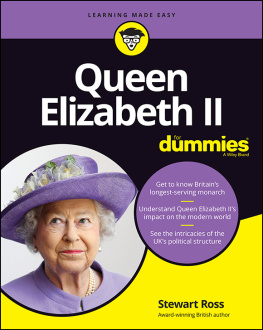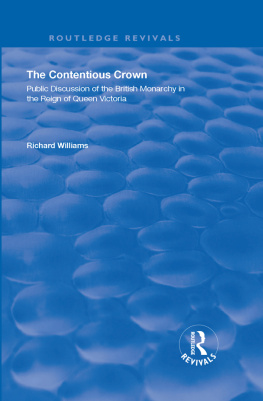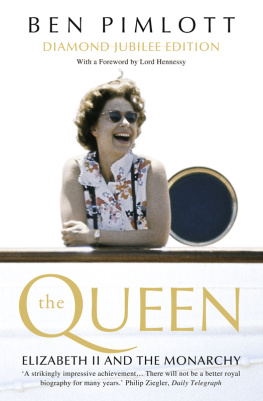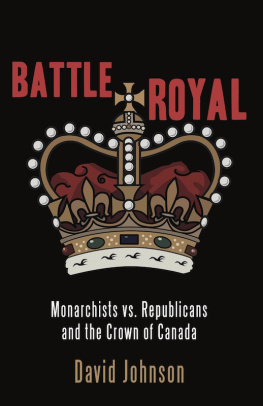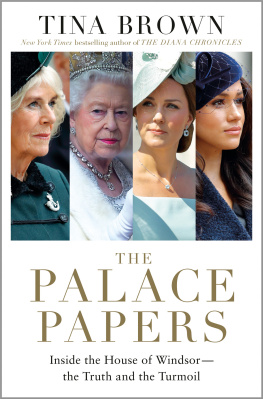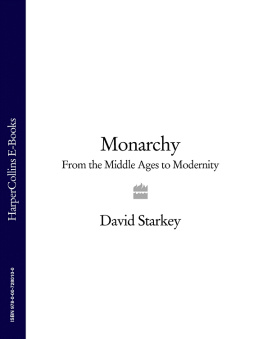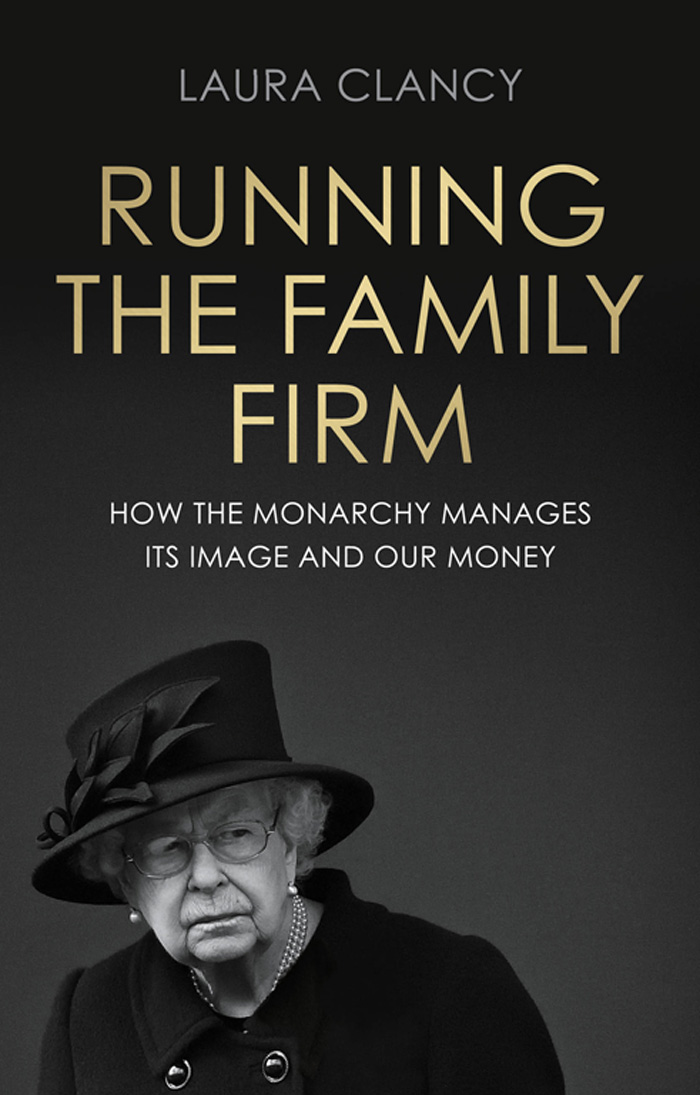Running the Family Firm

Running the Family Firm
How the monarchy manages its image and our money
Laura Clancy
Manchester University Press
Copyright Laura Clancy 2021
The right of Laura Clancy to be identified as the author of this work has been asserted by them in accordance with the Copyright, Designs and Patents Act 1988.
Published by Manchester University Press
Altrincham Street, Manchester M1 7JA
www.manchesteruniversitypress.co.uk
British Library Cataloguing-in-Publication Data
A catalogue record for this book is available from the British Library
ISBN978 1 5261 5875 8paperback
ISBN978 1 5261 4933 6hardback
First published 2021
The publisher has no responsibility for the persistence or accuracy of URLs for any external or third-party internet websites referred to in this book, and does not guarantee that any content on such websites is, or will remain, accurate or appropriate.
Cover credit: Pool/Max Mumby/Getty
Typeset
by New Best-set Typesetters Ltd
For Mum, Dad, Sam, Abby and Ruby
And in memory of Paul Stewart
Contents
I hate it when people moan about how much money royal weddings cost this country has more important problems to worry about.
This is a conversation I overhear at my local gym. It is 12 October 2018, and Princess Eugenie has married Jack Brooksbank at Windsor Castle, funded by the Sovereign Grant. The ceremony aired live on ITV but to significantly less fanfare than other contemporary royal weddings, such as those of Prince William and Kate Middleton, and Prince Harry and Meghan Markle.
This is a sentiment I have battled throughout my research on the royal family, and I have been regularly asked why the monarchy is important and worthy of study. Running the Family Firm aims to demonstrate why the more important problems described above are not detached from the institution of monarchy. In fact, it is not that we might talk about the monarchy when we talk about growing inequalities in Britain but that we have to in order to understand how inequality works. I would go further to suggest that we cannot talk about inequalities in Britain without talking about the monarchy. Running the Family Firm argues that the principles by which monarchy works are key principles by which the whole system works, and in understanding monarchy we can begin to make sense of the system.
Laura Clancy
February 2021
This book has been a long time in the making. Every day, the project became bigger and bigger, and it is a research project that could go on for ever. This book is one iteration of my attempt to piece all of this together.
This research was funded by the ESRC and the AHRC, and then an ESRC Postdoctoral Fellowship which relieved me from teaching and administrative duties and allowed me the time to lock myself inside (COVID and lockdown did somewhat prompt that) and write this thing.
Thank you to everyone who has contributed to this book, and/or to my sanity, in a variety of ways: Amy Calvert and Flynn, Anne Cronin, Anne-Marie Fortier, Bev Skeggs, Claire Kelly, Daisy Barker, Debra Ferreday, Elmer Fernandes, Emily Hoyle, Emily Pugh, Emily Winter, everyone at the FSA, the FINER team, Georgia Newmarch, Hannah Yelin, Jo Littler, Jonny Beacham, Karen Gammon, Kim Allen, Lizzie Houghton, Maarten Michielse, Miranda Barty-Taylor, Sara De Benedictis, Tom Whittle, Tracey Jensen, Vicky Singleton and all the brilliant students I've had the privilege to teach. An extra special thanks to Imogen Tyler, Bruce Bennett (plus Bonnie) and Helen Wood, without whom this book would not exist.
This book is dedicated to my parents and siblings, and thank you also to the rest of my family.
Thanks to the team at Manchester University Press. Tom Dark, in particular, has been enthusiastic about the book from the beginning, and I am very grateful.
Towards the end of writing this book, I got two kittens, Agnes and Ginny. My keyboard promptly became a toy, so any typos in this manuscript are firmly their responsibility. Any other mistakes or inaccuracies are my own.
has been published in amended form as The Corporate Power of the British Monarchy: Capital(ism), Wealth and Power in Contemporary Britain in The Sociological Review (2020).
has been published in amended form as Queen's Day TV's Day: The British Monarchy and the Media Industries in Contemporary British History (2019).
has been published in amended form as Queen of Scots: The Monarch's Body and National Identities in the 2014 Scottish Independence Referendum in European Journal of Cultural Studies (2020).
The Queen has never publicly apologised for investments made on her behalf that investigative journalists have argued contribute to exploitative practices leading to poverty in debt.
No mention was given to the monarchy's involvement in poor tax behaviour, given its obviously pivotal role in the honours system.
), but I use this name more literally to refer to the monarchy as a corporation, using Firm and corporation as analogous. This enables me to describe an institution and its corporate investments, wealth, assets, operational tactics and actions.
The central thread of Running the Family Firm is how these processes of capital accumulation occur alongside our emotional investment in the monarchy as a family: what I call the Family Firm. It describes how the reproduction of power and privilege happens in tangent with, and through, affective notions of family and other forms of benevolence, belonging and identity in media culture. In sum, the corporate power of monarchy (the Firm) is disguised through media representations of the royal family (the Family Firm). By analysing five key royal figures from across Elizabeth II's reign (1953 to present) the Queen, Prince Charles, Prince Harry, Kate Middleton and Meghan Markle I ask what are representations of these figures doing to conceal capital relations and reproduce monarchical power? What might a wide-ranging analysis of these figures reveal about how the Firm represents itself as a successful family over time? What forms of capital, both old and new, are being mobilised by the Firm? How does the Firm seek to (re-)establish forms of social hierarchy, belonging and exclusivity, which help to reproduce global inequalities and ideologically reinforce inequality as a necessary system? These are not easy, stable or frictionless relations. Indeed, I argue that media representations of monarchy are often highly contradictory, constantly shifting and reactive. But in drawing out the economic, political, social and cultural functions of monarchy, I ask what our investments in monarchy are investments for; what is reproduced in media representations of tradition and family; and how revisiting these historical issues sheds light on processes of division and difference in Britain today.
Britain and class inequalities
In an increasingly networked world, the aristocracy's invisibility in contemporary Britain is incredibly powerful.
).
Running the Family Firm argues that we must invest in the language of monarchy and Marxist notions of class inequality to understand inequality today. Elite studies must recognise how forms of power intersect and converge. It is only by revealing these relations and placing the monarchy at the centre of class analysis, which



